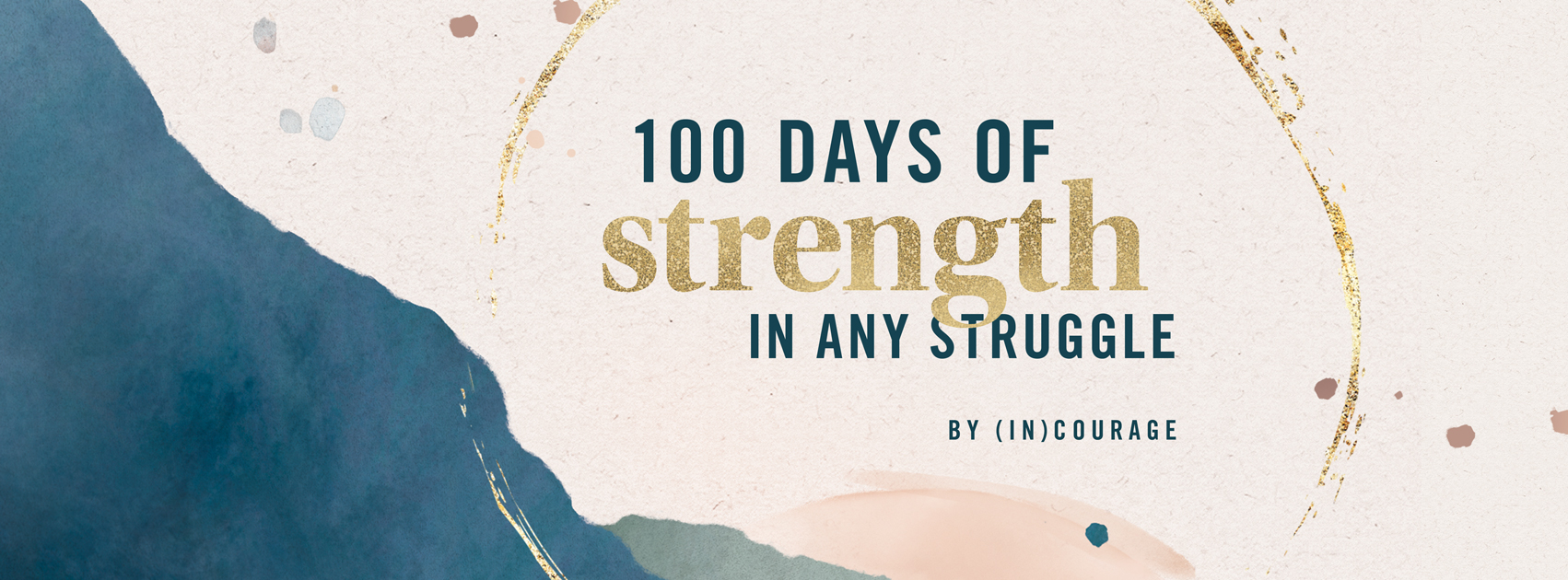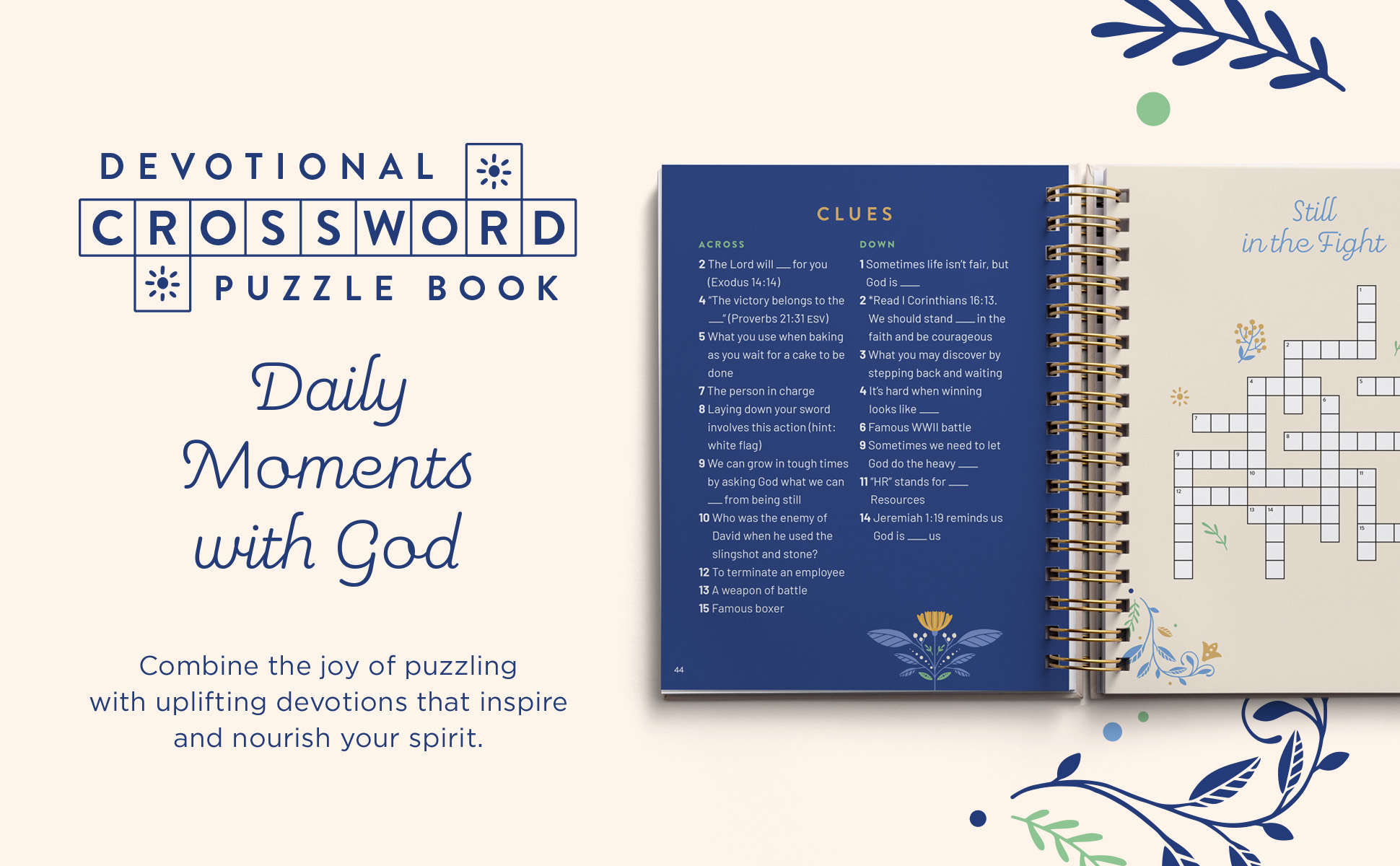Some years take more out of us than others. 2025 is one of those years.
Loss piles on top of disappointment, and the weight of uncertainty makes it hard to catch our breath. Maybe that’s where you find yourself right now — grieving what was, anxious about what is, unsure of what’s ahead.
This season has been heavy for many of us, not only because of the personal struggles we each carry, but also because of the collective ache woven into our communities and world. It’s a lot to process. And when life feels perpetually marred by grief and loss, it can be hard to know how to keep showing up with hope, much less love.
How do we manage the upheavals in our personal worlds when the actual world we live in seems to have turned upside down?
Yesterday, I spoke with a young woman navigating conflict in her workplace. The details don’t matter, but suffice it to say her office environment has become increasingly hostile over the past year, with much of the hostility directed toward her. Lately, she has lost her characteristic optimism, and she’s struggling to hold on to hope.
That’s when we began discussing empathy.
“I want you to do something for me,” I said.
She raised her eyebrows, waiting for me to continue.
“I want you to practice empathy.”
She then looked at me as if I’d sprouted three heads.
“I know, I know,” I smiled and nodded. “That’s the last thing you want to do. You have every right to be angry. What they did is wrong, and they don’t deserve your kindness.”
It’s true. They didn’t deserve it. But that wasn’t really the point.
“Here’s the thing. I believe part of the reason they behave horribly is because they lack empathy. They don’t see the people around them as human beings with innate dignity and worth. Including you.”
I paused, giving her a moment to process.
“You could certainly do the same, treat them the way they treat you. It might even feel good for a moment.” We laughed, knowing the truth of it.
“But,” I reminded us both, “the person impacted the most will be you, not them. You’ll become exactly what they are.”
That’s when it hit me: Our upside-down world needs more empathy. The hostility is untenable. We’re losing our hold on hope. And at least part of the reason is that we’ve stopped seeing each other as humans with innate dignity and worth. Instead, we see each other as unrecognizable animals, obstacles to our own agendas. In the process, we’ve become animals ourselves.
Empathy, by definition, is the ability to recognize and step into the feelings of another. It comes from the Greek word empatheia — em translated as “in” and pathos as “feeling.” When we intentionally place ourselves “in feeling” with another person, we begin to experience their reality as our own. We understand a bit more about what they think, how they feel, and why they behave as they do. As a result, we gain a perspective that often leads to compassion and kindness.
Empathy may not change the hostile person, but it will keep you and me from becoming the same.
In his letter to the church in Colossae, Paul encouraged the believers to draw from the limitless well of God’s love when they need more empathy:
“Therefore, as God’s chosen people, holy and dearly loved, clothe yourselves with compassion, kindness, humility, gentleness and patience. Bear with each other and forgive one another if any of you has a grievance against someone. Forgive as the Lord forgave you. And over all these virtues put on love, which binds them all together in perfect unity.“
Colossians 3:12-14 (NIV)
My friends, you and I are chosen, holy, dearly loved, and forgiven. We have a God who, through Jesus, stepped “in feeling” with us. Becoming fully human, He experienced what you and I experience so that we would never, never be alone.
Now, with such love poured out on us, how can we not do the same?
Every day, we will witness people behaving poorly and encounter others we don’t understand. The temptation when we see and receive such hostility and disrespect is to armor up, shut down, and become equally hostile and disrespectful. But doing so will only make us more like animals and less like Jesus.
Instead, let’s lean into empathy, the superpower of the heart. As we step “in feeling” with others, seeing them the way Jesus sees them, we will infuse our world with much-needed compassion and kindness.
And we’ll find a way to hold on to hope.





